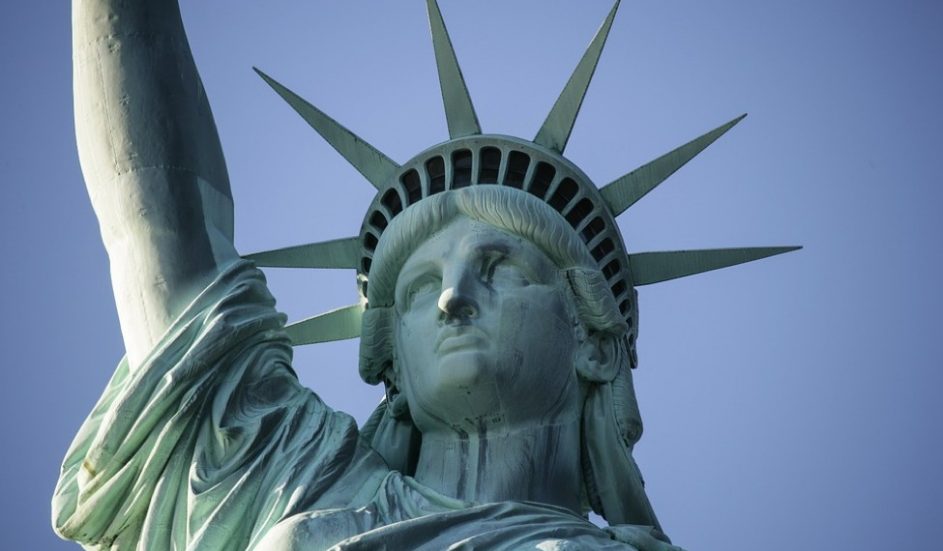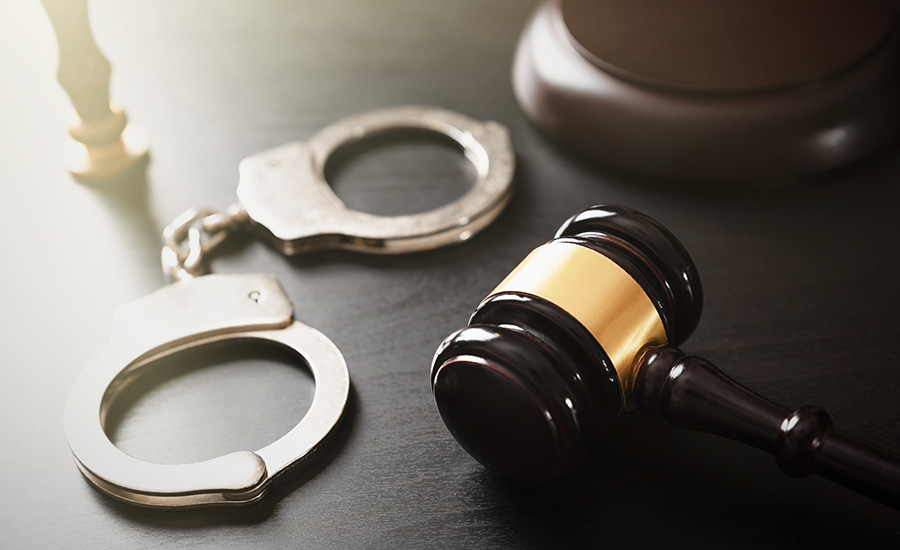

In a decision that reverberates across faith communities and immigrant rights organizations nationwide, a federal judge in Washington, D.C. ruled that the Trump administration may continue immigration enforcement operations in houses of worship—at least for now. The decision came despite legal challenges from over two dozen Christian and Jewish organizations, who argued the policy infringes on First Amendment rights and disrupts centuries-old sanctuary traditions.
The Court’s Decision and Its Rationale
U.S. District Judge Dabney Friedrich, appointed during Trump’s first term, declined to issue a preliminary injunction blocking the policy. The plaintiffs, she held, lacked legal standing because they had not shown that houses of worship were specifically targeted or that congregant attendance declines were directly tied to the new enforcement directive.
Instead, the judge found the drop in attendance may be a result of broader immigration actions and a general atmosphere of fear, not solely the policy itself. The plaintiffs cited a few examples of enforcement activity—such as an arrest at a Georgia church and ICE surveillance outside a church daycare center—but the court concluded these were not sufficient to establish systematic targeting.
What the Trump Policy Change Entails
On his first day back in office, President Trump reversed a 30-year-old guidance that designated churches, schools, and hospitals as “sensitive locations,” historically shielded from immigration enforcement. The new directive allows ICE agents to use “discretion” to carry out arrests in such spaces without supervisory approval.
This policy shift has deeply unsettled religious leaders. Advocates claim it erodes trust within immigrant communities, deters individuals from seeking spiritual support, and poses a profound risk to civil liberties. According to the plaintiffs, religious attendance in affected areas has plummeted in response to the policy.
Although this ruling allows enforcement to continue temporarily, it does not resolve the underlying constitutional challenge. The plaintiffs are expected to pursue further litigation under the Religious Freedom Restoration Act and the First Amendment.
Legal Precedents and Ongoing Litigation
This case is part of a growing legal conflict surrounding immigration enforcement in traditionally protected spaces. Courts in Maryland and Colorado have split on similar issues, with one judge blocking enforcement for certain faith groups while another allowed it in public schools.
The Trump administration continues to defend the directive as a necessary tool for restoring immigration control. However, many legal scholars warn that the erosion of sensitive location protections may create a dangerous precedent—where religious practice and due process are subordinated to enforcement convenience.
Helping Immigrants Navigate Enforcement Risks in Faith Communities
For undocumented individuals and families, the idea that churches may no longer be safe spaces adds another layer of fear and uncertainty. At Spar & Bernstein, our immigration attorneys are here to provide clarity and proactive defense strategies, including:
- Representation in detained and non-detained removal proceedings
- Know-Your-Rights trainings for religious institutions and immigrant congregations
- Assistance with U visa and asylum petitions for those fleeing harm
- Legal protections for vulnerable populations at risk of ICE raids
We also advise faith-based organizations on how to lawfully support their immigrant members while minimizing legal exposure.
Rights Still Matter, Even in Uncertain Spaces
While the ruling allows enforcement to continue temporarily, it does not silence the broader constitutional and moral questions it raises. The fight to preserve safe spaces for immigrant worshipers is ongoing. If you or your congregation is affected by this policy, know that there are legal tools and allies available.
Reach out to Spar & Bernstein today to protect your rights and your community.




